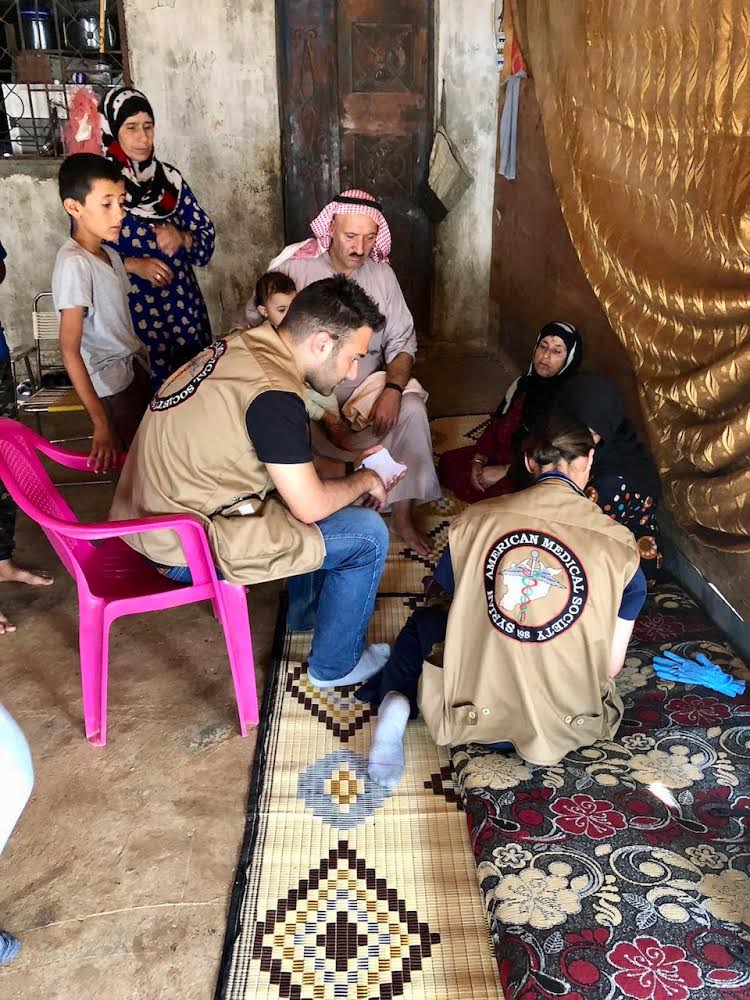Day 2 - Pre-Eclampsia and Emergency C-Section
/July 16, 2018
In the past two days, we provided care to close to 400 Syrian refugees and Lebanese patients in Akkar and Tripoli, including 200 children and 60 pregnant women, and performed multiple ultrasounds.
The conditions (environmental, sanitary, medical) in the informal refugee camps were extremely difficult and dire. We saw lots of chronic conditions, psycho-somatic complaints, depression and PTSD, and parasitic infections. Our team made several important interventions, including diagnosing and treating pre-eclampsia in a pregnant woman carrying twins (which can be life-threatening), and emergency referral for a c-section. Thankfully, mother and babies are doing well!
For our pediatric colleagues, the theme was growth failure induced by war. The pediatricians saw a series of children whose height was not only below their curves, but miles below. Like a 4 year old who weighs 13Kg. An 18 yo who looks 11. A 14 yo who weights 23 Kg. These patients were startling. And the doctors couldn't find easy explanations – there was no nutritional deficiency, parasitic infection, or other clear cause. How their war experiences had caused such a profound impairment in growth is a multifactorial mystery. For the 18 year old who looked 11, there was an additional twist. He was brought in by his father hoping for a cure. One of our toxicologists saw him and came over to the pediatrician asking, "Is this normal?" clutching vials of Arginine and anabolic steroids. It turned out that one set of parents had fallen prey to a charlatan and bought these on the black market - at exorbitant prices. One person spoke to another in the camp, and just by word of mouth, there was an outbreak of kids vainly using these drugs. As a group, we met with the "shaweesh" who is the camp leader, and he helped organize an impromptu town hall in order for us to educate the parents about the risks of these medications. Many promised that they would no longer give them to their children.
Despite the challenging conditions and heartbreaking stories, we also encountered many stories of extreme strength and resilience. Mission work can be hard because the needs are overwhelming and the resources scarce. But, showing up for those who are most vulnerable, listening with intent and compassion to their stories, and making them feel that they are not forgotten is truly meaningful. The indomitable spirit of the co-mission workers also carries you forward. Overall, it creates a group of remarkable and dedicated doctors, interpreters, and coordinators. We are all grateful to be surrounded by caring hearts and graceful spirits.





